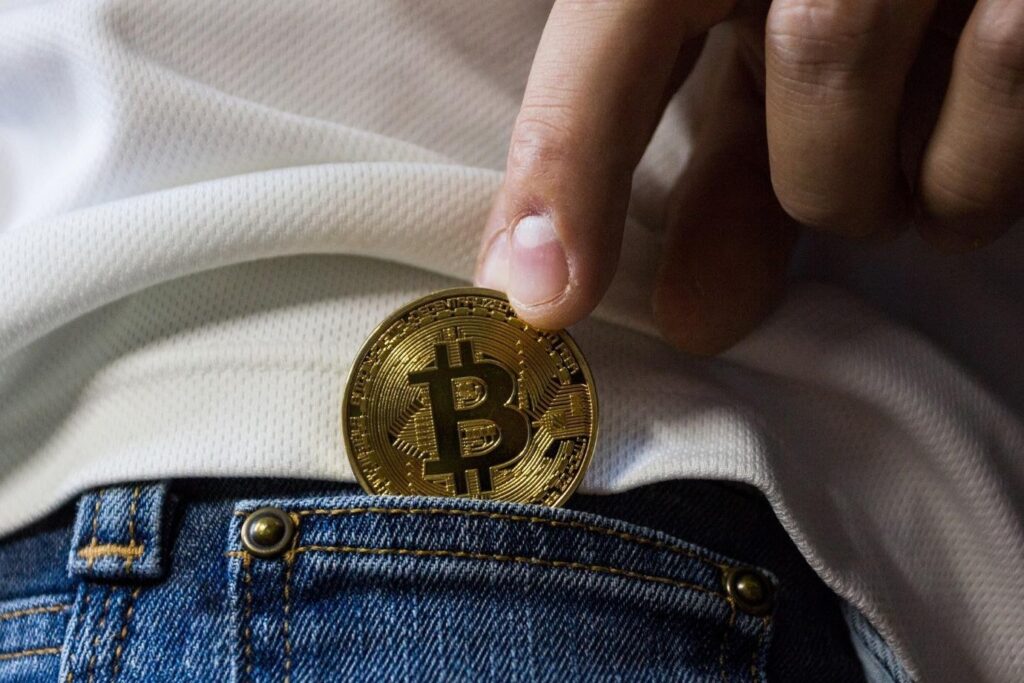Two months into 2021, crypto enthusiasts have a lot of questions about what this year has in store for crypto. Which coins will fall and which ones will rise in price? Will regulators come up with new legal and regulatory frameworks?
Thanks to the constant developments happening in the crypto world, predicting its trajectory is always an exciting and equally challenging job at hand. All the new happenings in the industry like the increasing interest in government digital currencies, the launch of stablecoin Diem (ex-Libra), the introduction of requirements for identifying crypto users, among them, traders, banks and top sportsbooks accepting bitcoin, etc. confirming the fact that digital assets are being more mainstream.
Nevertheless, the speed of cryptocurrency distribution will depend on how quickly operations with their various brands become available in different traditional payment systems or banks. While the wide use of digital assets is what the world is striving for, it is also what the world fears. For this reason, the balance between profit and risk of using cryptocurrencies is what will determine the trends of 2021.
Trend #1: Tax Regulation in Crypto Industry
The most crucial topic with regards to crypto in 2021 would be the tax regulation of cryptocurrencies. Crypto taxation is still a vague subject. While they have been introduced in some countries with mature markets and governments that identified their revenue-raising potential, crypto taxes are still not acceptable to many.
However, the development of protocols for tracking transactions, the introduction of Know Your Customer (KYC) procedures for mandatory user identification, and the adoption of legislation on digital assets are indicators that the industry is clearly changing faster than you anticipate.
Furthermore, monitoring tools are currently being actively developed alongside governments exchanging information on the people who own cryptocurrencies, and the transactions being made. So, it is likely that the world will witness the first-ever bitcoin tax evasion lawsuits in 2021.
Trend #2: Silent Crypto Harbors
There is an anti-trend for every trend. In the case of crypto taxes introduction, the anti-trend is that the industry will see an increase in the attractiveness of jurisdictions that will allow users to legally bring down the costs of owning digital assets. Meaning, the “offshore crypto havens” will develop more actively. The chances are that this role will be played by countries where the IT and financial markets are well-developed, like Korea, Singapore, Switzerland, and Japan.
Trend #3: The Changing Cost of Transactions
Now, this is an interesting trend that is also quite multidirectional. Due to all the technological upgrades that are happening in the crypto industry, Bitcoin transactions will either become cheaper or will continue to rise in price.
The changes in the cost of operations will, in turn, impact the e-commerce industry players’ interest in cryptocurrencies. Presently, buying crypto attracts online stores due to the fact that is cheaper to deal with compared to fiat currencies. Whether it is possible to maintain this advantage, in the long run, will primarily decide the speed of crypto being accepted as a means of payment.
Trend #4: The First Crypto Crisis is Near
The crypto world is maturing—it is becoming more regulated, transparent, and secure. But it is also starting to face a wide array of economic challenges and tests. We are already witnessing the indicators of the first crisis that is in no way related to cybercrime or fraud.
In December 2020, the cost of Bitcoin (BTC) set a new record, whopping past the $34,000 mark. Nevertheless, the reason for this wasn’t just the growing demand for BTC but the oversupply of stablecoins Tether (USDT) (which are used to conduct nearly 70 percent of the trading on crypto exchanges) in the market.
Tether, registered in the British Virgin Islands is constantly raising its emission to increase the capitalization of its coins. At the same time, market players are also dubious about USDT stablecoins being backed by fiat assets. Additionally, iFinex owns Tether, a company against which investors filed a class-action lawsuit in 2017-18 for $1.4 trillion on charges of market manipulation.








